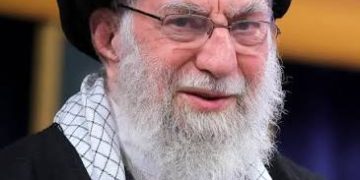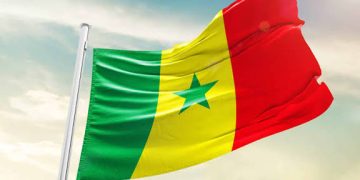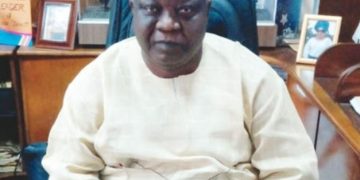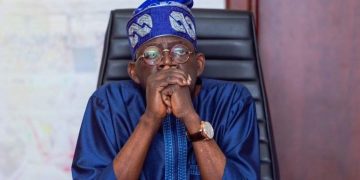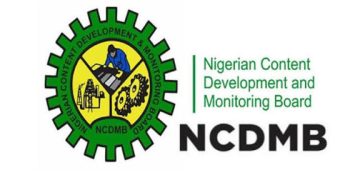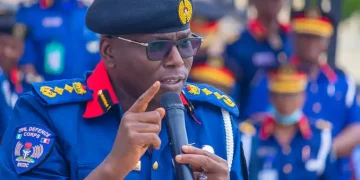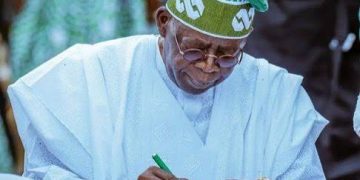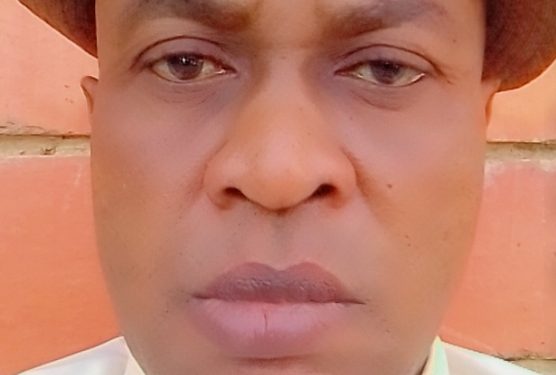The harmful effects of tribalism and terrorism continue to inflict deep wounds on individuals, communities, and Nigeria’s national development. Tribalism creates rigid in-group loyalties that exclude others, weakening national cohesion and frustrating progress. When certain groups, especially violent non-state actors, are treated with favoritism or leniency, the idea of equal opportunity is undermined, and the shared national identity needed for unity becomes further eroded. Terrorism, in particular, destroys lives, disrupts communities, and erodes the rights to life, dignity, and freedom. Its impact is painfully evident across Nigeria.
The life-imprisonment sentence handed to Nnamdi Kanu, leader of the proscribed Indigenous People of Biafra (IPOB), has intensified longstanding disputation around justice, identity, and civic freedoms in Nigeria. The ruling by the Federal High Court in Abuja, which included additional 20-year and 5-year sentences on separate counts, has renewed both domestic and international scrutiny of how the Nigerian state responds differently to political dissent compared to the violent crimes committed by armed groups who continue to massacre innocent citizens.
While the court found Kanu guilty of terrorism-related charges, unlawful membership of a proscribed group, destruction of public property, and importation of an unlicensed radio transmitter, many observers activists, legal analysts, and civil society organizations argue that his prosecution reflects a broader pattern of unequal treatment toward the Igbo population in national security cases.
Terrorism is typically defined as the deliberate use or threat of violence against civilians to intimidate the public or coerce a government for political, religious, or ideological objectives. Many analysts note that several elements of this definition do not align with the activities attributed directly to Kanu.
Supporters maintain that Kanu’s agitation, controversial, confrontational, and polarizing as it may be, was rooted in political advocacy for self-determination, a principle recognized under international law. They insist that unlike globally recognized terror organizations, there is no credible evidence linking him personally to bombings, kidnappings, or indiscriminate attacks on civilians.
Critics, however, point to inflammatory broadcasts attributed to him, including statements such as “the Army of Nigeria will die” and warnings that “everything called Nigeria will perish.” The court interpreted these as incitement capable of destabilizing the state, and the prosecution argued that they amounted to a call for violent insurrection.
Thus, whether Kanu’s rhetoric legally rises to the level of terrorism remains deeply contested and continues to fuel contestation about political speech, state power, and the limits of protest in Nigeria.
The Igbo population, one of Nigeria’s three major ethnic groups, has long raised concerns about unequal treatment in governance, federal appointments, resource allocation, and policing practices. Many in the South-East believe that Kanu’s conviction fits into a historical pattern in which Igbo political agitation is met with harsher state reactions than similar actions in other regions.
Some argue that the heavy sentencing reflects not only intolerance for separatism but also the unresolved wounds of the Nigerian Civil War. Others see it as another example of Nigeria’s uneven justice system, where ethnicity can influence outcomes in politically sensitive cases.
Although the government maintains that its actions are strictly guided by national security and the rule of law, the perception of selective enforcement remains strong fueling distrust, discontent, and renewed calls for dialogue rather than force.
One of the most notable voices defending Kanu’s fundamental rights has been Omoyele Sowore journalist, activist, and former presidential candidate. A Nigerian known for his rejection of tribalism, Sowore has consistently demanded fairness, due process, and respect for civil liberties, even at personal cost.
Sowore’s repeated arrests, prolonged legal battles, and travel restrictions are widely viewed as politically motivated, highlighting a critical truth Nigeria’s crisis is bigger than ethnicity. Any outspoken critic, regardless of tribe, can become a target when challenging entrenched interests.
His involvement challenges the narrative that Kanu’s case is solely an Igbo issue. Instead, it suggests that civic space in Nigeria is shrinking, and dissent is increasingly criminalized.
Meanwhile, Nigeria continues to suffer devastating attacks from armed groups across multiple regions, resulting in thousands of deaths. Yet peaceful protesters, journalists, and critics often face arrest or harassment, while some violent groups are offered negotiations, “rehabilitation,” and reintegration.
This contradiction raises urgent questions about national priorities. Many Nigerians believe that dialogue, accountability, and justice, not selective punishment, offer a more sustainable path to peace.
The metaphor of “trees voting for the axe, even though the axe is made of wood,” illustrates how tribalism and misinformation lead citizens to support systems that harm their own democratic interests. Anyone who truly believes in “One Nigeria” must look beyond ethnic lines and confront the real threats of armed killers and corrupt politicians undermining the nation.
A growing concern is the perception that terrorism has become a business sustained by special interests that benefit from prolonged insecurity. This fear deepened on the day Kanu was sentenced, when social media was flooded with celebratory, hate-filled comments not out of commitment to justice, but because he is not from their region.
Tribal hatred has blinded some Nigerians to the real enemies of the nation.
Why are killers and armed terror groups treated with negotiation, incentives, and “rehabilitation,” while agitators face maximum punishment?
Kanu is now in prison. Will the government finally confront the relentless terrorist attacks and focus on proper governance, or will the same excuses continue?
A retired Army Chief once suggested that Nigeria should build a wall to secure its borders against foreign terrorists. If the military acknowledges that these attackers are not Nigerians, the question becomes: how do they infiltrate communities and institutions, and why are they allowed to be part of our military. This reinforces the long-held conviction that Ndigbo are not Nigeria’s problem. The real threats are politicians and armed terror groups, not ethnic communities demanding fairness and representation. With constant attacks, not even one major terrorist group has been held fully accountable.
The sentencing of Nnamdi Kanu is not just about one man. It sets a precedent for how Nigeria will treat dissent, activism, and ethnic grievances in the years ahead. Ethnic perceptions can influence judicial outcomes this much Nigerians know.
What happens to Nigeria’s democracy if activists like Sowore are also jailed? These are the same people speaking for the nation, yet many citizens quickly condemn them online just as Jesus Christ was denied by his own people. But true activism does not seek validation. It is driven by conscience and commitment to the people.
Can Nigeria build national unity without addressing the genuine grievances of the South-East? The injustice against the Igbo people must be confronted.
Will governance improve now that Kanu has been imprisoned?
The answers will determine the direction of Nigeria’s democracy for years to come.
Daniel Nduka Okonkwo is a seasoned writer, human rights advocate, and public affairs analyst known for his incisive commentary on governance, justice, and social equity. Through his platform, Profiles International Human Rights Advocate, he consistently illuminates critical social and political issues in Nigeria and beyond, championing accountability, transparency, and reform. With over 1,000 published articles available on Google, Okonkwo’s works have appeared in major outlets including Sahara Reporters. He is also an accomplished transcriptionist, petition writer, ghostwriter, and freelance journalist, widely respected for his precision, persuasive communication, and commitment to human rights.

